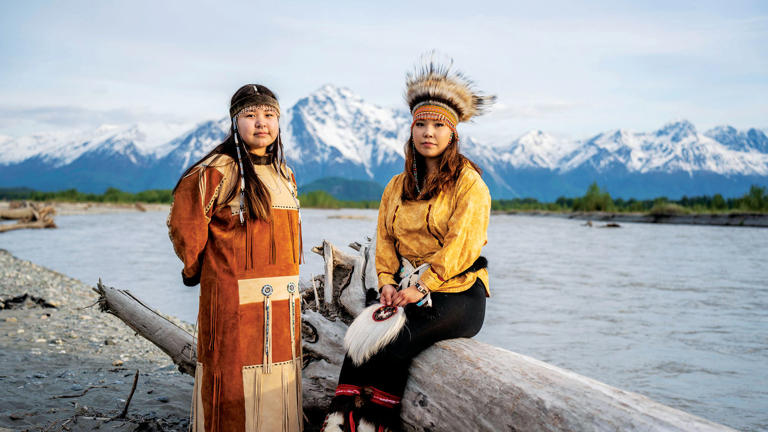Story by Alex Temblador • Saturday, July 22, 2023

Alaska is home to the largest number of tribes, Alaska Native corporations and Indigenous population in the nation© Alaska Travel Industry Association
On July 19, the Alaska Travel Industry Association (ATIA) announced that for the first time there would be a dedicated seat for an Alaska Native person on the board. The person must be a shareholder of an Alaska Native Corporation or a member of a federally recognized nation in Alaska to run for this seat.
The move is a big deal for Alaska, which has the largest Indigenous population in the nation and lacks a specific Indigenous tourism organization. ATIA has a 24-member annually elected board of directors for three-year terms.
While there are a few Alaska Native members on the board, to have a designated seat set aside specifically for an Alaska Native person is the right move toward officially incorporating the Indigenous perspective in the state’s tourism initiatives.
“Right now, there's only three Alaska Native women on the board. We need our men; we need more perspective,” says ATIA board member and president and CEO of the Alaska Native Heritage Center, Emily Edenshaw (Yup'ik/Iñupiaq). “We’re so culturally diverse, so I think [the seat] is going to create space for more voices to be heard.”
Edenshaw along with Camille Ferguson (Tlingit) are credited with proposing the new seat, though the board was unanimous in its vote for this change.
“There has been an amazing transformation of tribal inclusion and involvement marketing Alaska Native people thanks to the development of the Cultural Enrichment Committee and the members who supported the designated tribal seat on the Alaska Travel Industry Association board of directors,” said Ferguson, ATIA board member, chair of ATIA's cultural enrichment committee and economic development director of Sitka Tribe of Alaska.
“This designated position on the board is a true sign that ATIA is serious about its efforts to add diversity and inclusion when informing and promoting Alaska. We look forward to more interest from our tribal travel and tourism leaders to be involved.”
Two years ago, the ATIA designated a portion of their budget toward cultural tourism for the first time. According to Jillian Simpson, ATIA’s president and CEO, in the past year, the ATIA collaborated with Indigenous content producers on campaigns as part of their cultural marketing efforts. With this new Alaska Native board seat, it could lead to more investment in Alaska Native cultural tourism.
“Today's tribal seat designation not only represents the right thing to do, but it also showcases tremendous business acumen, as national research shows when people experience cultural tourism, they stay longer and spend more money,” says Edenshaw.
In 2021, the American Indian Alaska Native Tourism Association (AIANTA) in partnership with SMS Research presented the Economic Impact of Indigenous Tourism Report which found that in 2017, Indigenous tourism in the U.S. was a $14 billion industry. On a global scale, Indigenous tourism was a $40 billion industry in 2022, according to Future Market Insights.
“[This seat] creates space for more Indigenous voices. It's not just about the marketing. It’s also what the seat represents. It's about uplifting and working with cultural tourism entities that already exist,” Edenshaw says.
The election for the board of directors seat is set to occur in September. All candidates must be ATIA members and either a shareholder of an Alaska Native Corporation or a member of a federally recognized nation in Alaska.
No comments:
Post a Comment